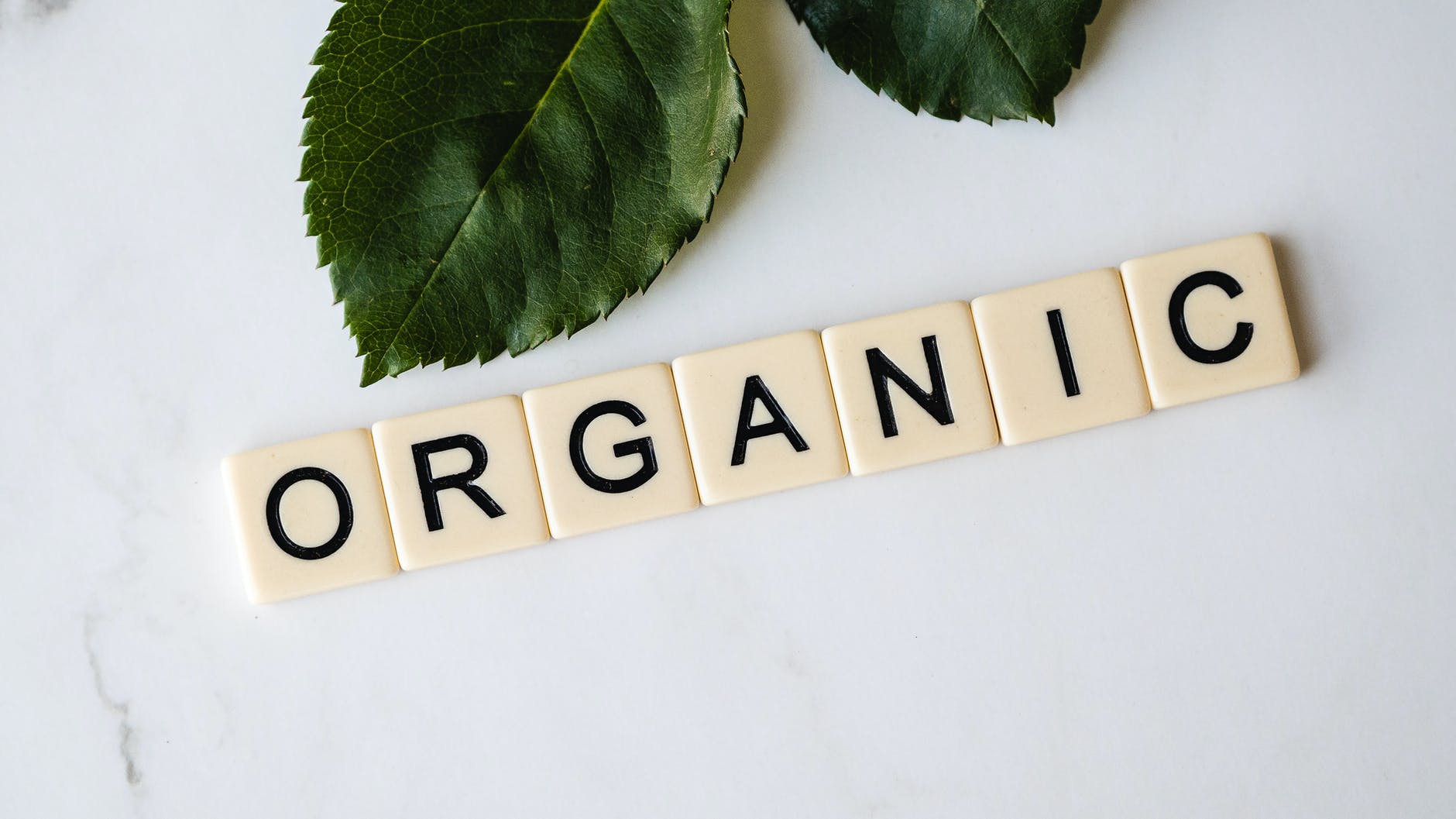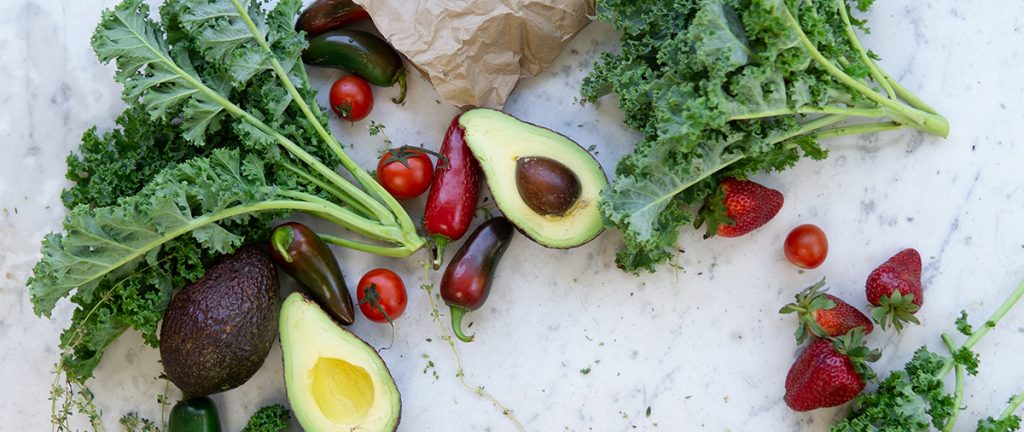Everything You Need to Know About the Benefits of Organic Food
With the recent rising health concerns and increasing awareness for the benefits of organic produce, organic products have become more popular in recent years, especially considering the ongoing battle with obesity and diabetes faced by a large population of the United States. There are so many benefits to choosing organic products.
What does organic actually mean?
Organic products are grown under a natural agricultural system without the influence of synthetic fertilizers or chemicals (1). The regulations vary from country to country, but generally speaking, organic farming means growing crops without the use of any synthetic pesticides, GMOs, and certain toxic fertilizers; for raising livestock for meat, eggs, or dairy, the livestock must be fed organic products, have regular access to natural outdoor areas, and they cannot be given any growth hormones or antibiotics.
Monocropping
Monocropping is the term for planting a single crop type in a large area of farmland, which is a widely used technique in non-organic agriculture. This leaves this crop very vulnerable to being quickly wiped out by a bug or a disease. Consequently, farmers must spray chemicals to kill these diseases/bugs, filling the crop with these toxins which are not designed for human consumption.
Organic farmers practice planting a variety of different crops in one area to attract a range of bugs and other wildlife, which will naturally keep the plants healthy.
Norma Brault, a food blogger at Big Assignments and Research Papers(2), states “Herbicides and pesticides aren’t able to differentiate between ‘good’ and ‘bad’ insects, so simply wipe out everything but the crop. Organic farming practices do not use these toxins, so they don’t negatively affect biodiversity and promote healthy growing techniques to maintain the living organisms the crops need to grow and keep the soil healthy and rich in nutrients.”
Pesticides, Insecticides, Fungicides, Herbicides…
Such toxic chemicals are commonly used in more conventional, non-organic agriculture and can end up being ingested when we eat these foods. The residues of these chemicals end up in the food we eat.
Environmental Impact
Organic farming is unquestionably better for the environment, by reducing pollution, energy usage, water usage, and soil erosion, and increasing soil health and fertility.
Local food production and markets are also better for the environment by reducing emissions and unnecessary plastic packaging.
Organic agricultural techniques don’t harm the community surrounding the farmland, it keeps harmful toxins out of the air, the soil, and even the drinking water – protecting the farmers, local people, and wildlife.
These chemicals will even end up in the ocean (3) – as everything eventually does – whether by leaking through the soil into aquifers, blowing into nearby bodies of water, or running off into the sea in the rain, and can be damaging to ocean life.
Keeping Livestock Healthy and Happy
Livestock raised organically are never given animal byproducts, growth hormones, or antibiotics, which keeps them much healthier and happier and at lower risk of diseases and infections. They are also given plenty of space to roam outdoors.
David Green, a health writer at Boomessays and Studydemic (4), says “It’s well-known that the meat of stressed animals tastes worse – organic practices ensure the meat tastes as best it can, since the livestock is well taken care of.” The same also applies to crops! Healthy, happy crops will taste better than monocropped, herbicide-filled crops.
Better Tasting Food!
Organic farming produces food that is richer in nutrients, so it is much better for your health and wellbeing. The soil is nutrient-rich as a result of sustainable farming practices, while farmers are forced to spray chemicals on crops in non-organic agriculture, since the soil is not naturally being replenished.
There are countless benefits to organic produce, helping improve the health of the earth, the sea, drinking water, local wildlife, the environment, farmers, local communities, and you and your family. By choosing to eat organically produced and certified organic food products, you are actively choosing to help keep the world healthy.
References
(1) https://ota.com/organic-101/how-organic-food-grown
(2) Norma Brault, food blogger at Big Assignments and Research Papers
(3) https://www.sciencedaily.com/releases/2008/02/080216095740.htm
(4) David Green, a health writer at Boomessays and Studydemic
Photo credits: Fuzzy Rescue; Elle Hughes


